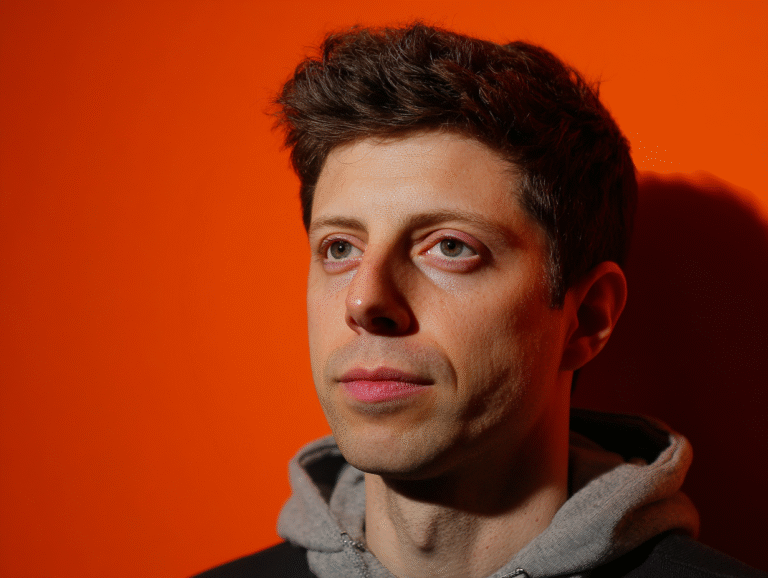OpenAI CEO Sam Altman is sounding the alarm on what he sees as a growing bubble in the artificial intelligence industry—even as he acknowledges the transformative power of the technology.
Speaking to reporters last week, Altman compared the current AI investment surge to the infamous dot-com boom of the 1990s, when soaring valuations collapsed after many companies failed to deliver on high expectations.
“Are we in a phase where investors as a whole are overexcited about AI? My opinion is yes,” Altman said. “Is AI the most important thing to happen in a very long time? My opinion is also yes.”
His comments, first reported by The Verge, come as warnings mount from several high-profile voices in the tech and finance world. Alibaba co-founder Joe Tsai, Bridgewater founder Ray Dalio, and Apollo Global Management’s chief economist Torsten Slok have all expressed concerns about the rapid pace—and sometimes shaky fundamentals—of AI-driven investments.
Last month, Slok argued that today’s AI boom could eclipse the scale of the 1990s internet bubble. He pointed to stretched valuations among the top companies in the S&P 500, many of which are heavily reliant on AI growth narratives.
Still, not everyone sees a classic bubble forming. Ray Wang, CEO of Constellation Research, told CNBC via email that Altman’s concerns are valid in certain areas—but not across the board.
“From a macro perspective, the AI and semiconductor sectors have strong fundamentals,” Wang noted. “However, speculative capital is chasing startups with limited track records and inflated expectations, which could lead to isolated overvaluations.”
The hype surrounding generative AI hit new heights earlier this year when Chinese company DeepSeek claimed to have trained a competitive large language model for under $6 million—a fraction of the budgets spent by AI giants like OpenAI. The claim, however, has been met with skepticism from industry insiders.
Despite his caution, Altman confirmed that OpenAI’s financial trajectory remains ambitious. He said the company is on track to surpass $20 billion in annual recurring revenue in 2025. However, OpenAI is still operating at a loss due to its aggressive investment in infrastructure and product development.
OpenAI recently launched its newest AI model, GPT-5, but its debut received mixed reactions. Some users found the model less intuitive than expected, prompting the company to re-enable access to earlier GPT-4 versions for paying customers.
Amid this, Altman also downplayed the relevance of the term “artificial general intelligence” (AGI)—once a central goal for OpenAI. Speaking to CNBC earlier this month, he indicated that the concept may no longer fully capture the trajectory of modern AI systems.
Still, confidence from investors appears unwavering. The company is reportedly preparing for a $6 billion secondary stock sale, potentially valuing OpenAI at an eye-watering $500 billion—just months after securing a $40 billion funding round at a $300 billion valuation, the largest private capital raise in tech history.
Looking ahead, Altman hinted at even bigger ambitions, including building vast data center networks and exploring hardware, social media platforms, and even brain-computer interfaces. In a hypothetical scenario, he even suggested OpenAI might be interested in acquiring Google Chrome—should regulators ever require Alphabet to divest it.
As for his own future? When asked whether he sees himself still leading OpenAI in the next few years, Altman offered a characteristically tech-tinged response:
“Maybe an AI is CEO in three years. That’s a long time.”

